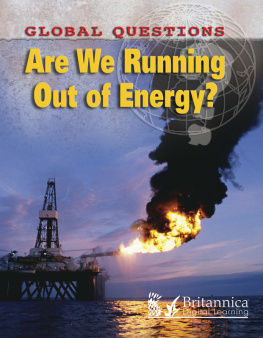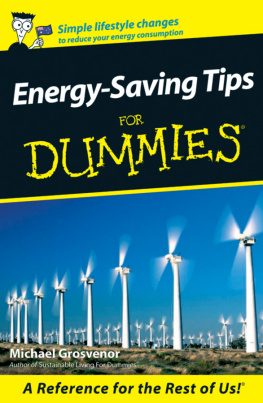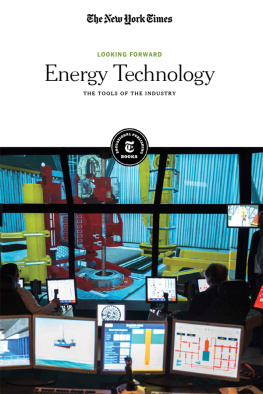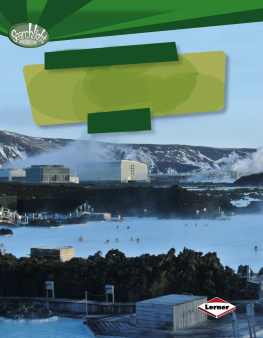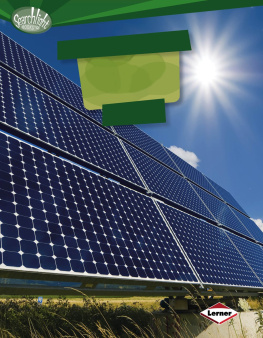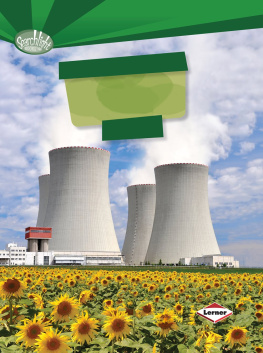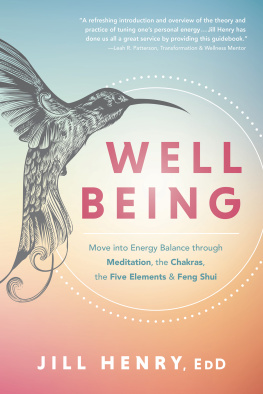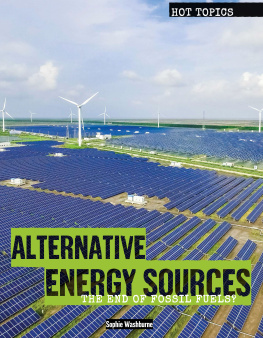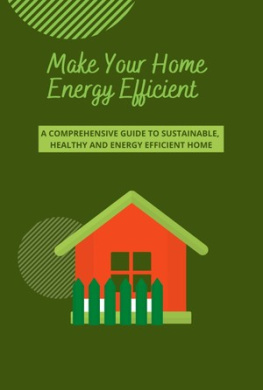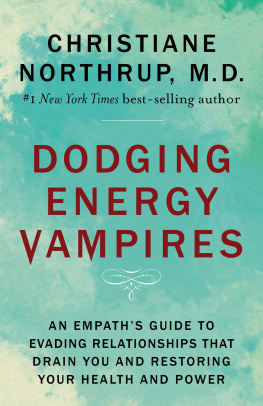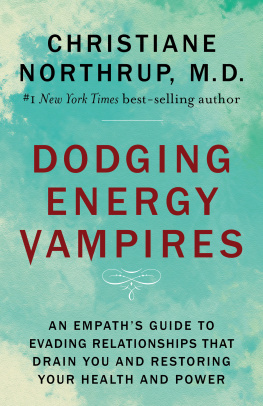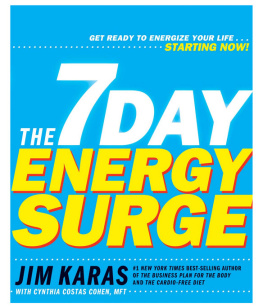Christiane Dorion - Are We Running Out of Energy?
Here you can read online Christiane Dorion - Are We Running Out of Energy? full text of the book (entire story) in english for free. Download pdf and epub, get meaning, cover and reviews about this ebook. year: 2012, publisher: Britannica Digital Learning, genre: Politics. Description of the work, (preface) as well as reviews are available. Best literature library LitArk.com created for fans of good reading and offers a wide selection of genres:
Romance novel
Science fiction
Adventure
Detective
Science
History
Home and family
Prose
Art
Politics
Computer
Non-fiction
Religion
Business
Children
Humor
Choose a favorite category and find really read worthwhile books. Enjoy immersion in the world of imagination, feel the emotions of the characters or learn something new for yourself, make an fascinating discovery.
- Book:Are We Running Out of Energy?
- Author:
- Publisher:Britannica Digital Learning
- Genre:
- Year:2012
- Rating:4 / 5
- Favourites:Add to favourites
- Your mark:
- 80
- 1
- 2
- 3
- 4
- 5
Are We Running Out of Energy?: summary, description and annotation
We offer to read an annotation, description, summary or preface (depends on what the author of the book "Are We Running Out of Energy?" wrote himself). If you haven't found the necessary information about the book — write in the comments, we will try to find it.
Are We Running Out of Energy? looks at the worldwide drive to produce and consume increasing amounts of energy and at its potentially catastrophic effects on the environment.
Are We Running Out of Energy? — read online for free the complete book (whole text) full work
Below is the text of the book, divided by pages. System saving the place of the last page read, allows you to conveniently read the book "Are We Running Out of Energy?" online for free, without having to search again every time where you left off. Put a bookmark, and you can go to the page where you finished reading at any time.
Font size:
Interval:
Bookmark:


E-book published in 2015 by Encyclopdia Britannica, Inc., in association with Arcturus Publishing Limited, 26/27 Bickels Yard, 151-153 Bermondsey Street, London SE1 3HA. Britannica, Encyclopdia Britannica, and the Thistle logo are registered trademarks of Encyclopdia Britannica, Inc.
ISBN 978-1-62513-323-6 (e-book)
This edition first published by Arcturus Publishing
Distributed by Black Rabbit Books
P.O. Box 3263
Mankato
Minnesota MN 56002
Copyright 2008 Arcturus Publishing Limited
All rights reserved.
Library of Congress Cataloging-in-Publication Data
Dorion, Christiane.
Are we running out of energy? / Christiane Dorion.
p. cm. -- (Global questions)
Includes index
1. Power resources--Juvenile literature. 2. Energy conservation--Juvenile literature. I. Title.
TJ163.23.D66 2009
333.79--dc22
2008016660
9 8 7 6 5 4 3 2
The right of Christiane Dorion to be identified as the author of this work has been asserted by him/her in accordance with the Copyright, Designs and Patents Act 1988.
Series concept: Alex Woolf
Editor and picture researcher: Patience Coster
Designer: Ian Winton
Illustrations: Stefan Chabluk
Picture credits:
Corbis: 6 (Jose Fuste Raga), 9 (Andrew K/epa), 10 (Denis Sinyakov/Reuters), 11 (Manjunath Kiran/epa), 12 (Jose Fuste Raga), 13 (Bettmann), 14 (Bettmann), 15 (Underwood & Underwood), 16 (Bettmann), 19 top (Gideon Mendel), 19 bottom (Momatiuk-Eastcott), 21 (Andreu Dalmau/epa), 23 (China Daily/Reuters), 24 (Stuart Westmorland), 25 (Robert M. Reed/USCG/Reuters), 27 (Waltraud Grubitzsch/dpa), 28 (Hans-Juergen Wege/epa), 30 (Bin Sheng/epa), 31 (Marcelo Sayao/epa), 34 (Car Culture), 35 (Sergio Pitamitz), 38 (Tony West). Getty Images: 42 (Robert Nickelsberg). NASA: 22. Science Photo Library: 17 (Philippe Psaila), 33 (Martin Bond), 37 (Martin Bond), 40 (US Department of Energy).
Cover: Oil and natural gas are burned off on an oil rig in the North Sea. The burning-off process is done to avoid explosion or an oil slick, but it is very wasteful (George Steinmetz/Corbis).
Every attempt has been made to clear copyright. Should there be any inadvertent omission, please apply to the copyright holder for rectification.
Contents
To understand why energy is important, think about what you do in a single day. You wake up to the sound of an alarm clock, switch on the light, and have a hot shower. Maybe you walk to school, drive, or catch a bus. If the weather is cold, your school will be heated. When you come home, you might heat up a snack in the microwave and watch TV. All these things use energy.
Why do we need energy?
Like other living things, humans need energy to survive. We get our energy from the plants and animals we eat. It enables us to think, grow, jump, run, and dance. We have learned to harness energy from the sun to make things work for us. With energy, we make electricity and can heat or cool our homes. Energy allows cars, buses, trucks, trains, and planes to move, and with it, we can make all kinds of things, from sunglasses and sneakers to cell phones and computers.
Where does our energy come from?
Did you know that the gas in your car comes from the decay of plants and animals that lived millions of years ago, long before dinosaurs roamed the earth? Gas is derived from fossil fuels, which took a long time to form.

The Bund, shown here lit up at night, is one of the most famous streets in Shanghai, China. As the worlds cities grow and energy demands increase, the way we produce, distribute, and use energy is damaging the environment.
Oil and gas were created from the remains of tiny marine animals buried at the bottom of the ocean. Long after the prehistoric seas vanished, these animal remains were compressed by heat and pressure. Oil was formed first, but in deeper and hotter areas, the cooking process continued until natural gas was formed. The same process also created coal from the remains of trees and ferns.

Most of our energy comes from oil, coal, and natural gas, which will run out someday. Only 8 percent of our energy comes from renewable resources.
Why do we need to change our energy use?
Today fossil fuels provide 87 percent of our energy. Until recently, they were the cheapest source of energy. Oil powers 90 percent of the worlds transportation, and coal is the most popular fuel for generating electricity. Natural gas is used mainly for heating. But there are two huge problems with using fossil fuels. First, they are nonrenewable because they take millions of years to form and can only be used once. If we keep using them as we are now, nearly all of the existing reserves will be gone by the end of the twenty-second century. Second, when we burn fossil fuels, we produce polluting gases that contribute to warming the earths temperature. This is why we need to find alternatives.
FOCUS
And then there was light...
Lhaba, a 33-year-old farmer, used to light her stone house in the remote village of Zem in Tibet with candles and lights made from butter oil. In June 2006, a new solar power plant started to supply her house and the homes of 44 other families. Lhaba now has electric lights, a television, and a machine to make butter tea. With 3,000 hours of sun per year, Tibet has the highest potential for solar power in the world, after the Sahara desert. Access to energy will help improve the villagers standards of living.
Going nuclear
Some countries rely partly on nuclear power, another nonrenewable source of energy. Nuclear power is generated through nuclear fission, a process that involves splitting tiny particles called atoms. Every object in the universe is made up of atoms. By splitting the bonds that hold atoms together, an enormous amount of heat can be released. This energy can be harnessed to generate electricity. Currently, about 4 percent of the worlds energy comes from nuclear power. The fuel most widely used for this process is uranium, which is extracted from the earth. Many people are against nuclear power because its production creates highly toxic waste that takes more than 20,000 years to decay.
Using renewables
Only 8 percent of our energy comes from renewables; in other words, sources that can be replaced. Day after day, the sun shines, the wind blows, water flows, and trees grow. These are all potential sources of energy. Many of them have been used on a small scale for hundreds of years. We have learned to design buildings that capture the heat of the sun, and over the centuries, we have used the power of the wind to mill flour and transport goods and people. Wood is still used in many countries for heating and cooking. But the use of renewable energy on a large scale costs more than burning fossil fuels, which means that so far, it has not been a favored option.
In places such as China, Canada, Brazil, and the United States, hydropower is an important source of renewable energy. These countries have high mountains and fast-flowing rivers, so they have the right geography for harnessing the power of falling and moving water. To generate hydropower, a river is dammed to form a reservoir. The dam regulates the flow of water. A large area needs to be flooded to create a reservoir, and villages are sometimes relocated in the process.
Font size:
Interval:
Bookmark:
Similar books «Are We Running Out of Energy?»
Look at similar books to Are We Running Out of Energy?. We have selected literature similar in name and meaning in the hope of providing readers with more options to find new, interesting, not yet read works.
Discussion, reviews of the book Are We Running Out of Energy? and just readers' own opinions. Leave your comments, write what you think about the work, its meaning or the main characters. Specify what exactly you liked and what you didn't like, and why you think so.

